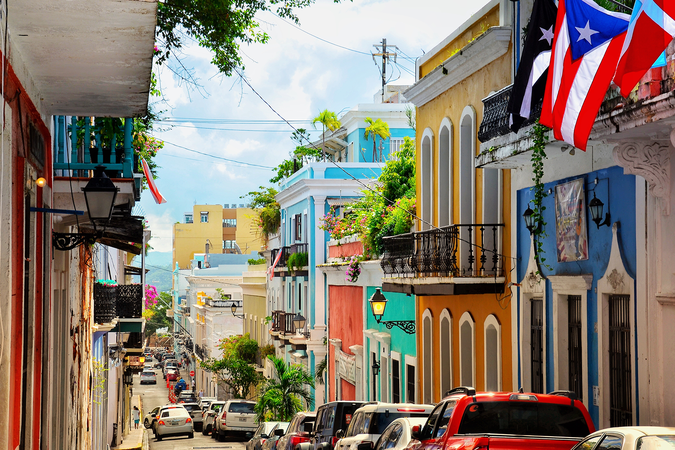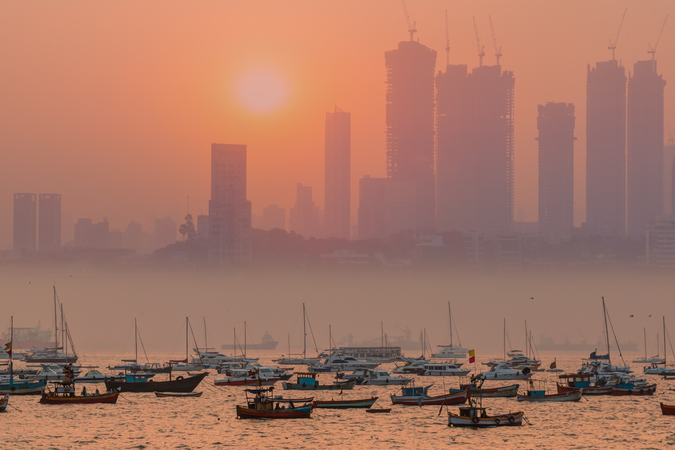Perspective on the Johannesburg Summit on Sustainable Development
A Perspective on the Johannesburg Summit on Sustainable Development
Michael Toman
The World Summit on Sustainable Development, also known as Rio + 10, will be held from August 26 through September 4 in Johannesburg, South Africa. At this meeting, governments, international institutions, and members of the private sector and civil society will meet to review the 10 years since the United Nations Conference on Environment and Development (UNCED), held in Rio de Janeiro in 1992. That meeting in turn brought to the political foreground the concept of sustainable development, defined by the 1987 World Commission on Environment and Development as "development that meets the needs of the present without compromising the ability of future generations to meet their own needs."
Sustainable development in this context focuses on tying together concerns about environment quality and natural resource degradation with concerns about poverty alleviation and social development. And it underscores links among environment and development issues at the local, regional, and global levels. Out of UNCED came Agenda 21, an extremely detailed and ambitious action plan for promoting various facets of sustainable development; several specific international agreements, including treaties on climate change and biodiversity; and the U.N. Commission on Sustainable Development, charged with following up on the UNCED objectives.
Progress on giving operational meaning to the principle of sustainable development and accomplishing the lofty goals of the Rio Summit can only be described as mixed. Poverty has fallen in some places, while others have barely kept pace and still others have retrogressed. Some societies are freer and more open today, with stronger institutions of civil society, while others are not. And with respect to natural resources and the environment, the main focus of work at RFF, many challenges remain.
Many, many millions of people continue to suffer from water shortages and water contamination, polluted indoor air or urban airsheds, challenges in meeting food needs, and access to reliable, affordable energy. Internationally, the community of nations still struggles with effective means to address protection of biodiversity, marine fish stocks, and the climate system while also achieving progress in living standards through resource development and energy use. New questions have arisen as well, especially concerning trade and the environment and problems related to disease and pest resistance.
Participants in the World Summit on Sustainable Development will seek to take stock of what has been accomplished since Rio 1992, what lessons have been learned about the effectiveness of different approaches, and what might be done to strengthen progress toward sustainable development. They will address both specific natural resource and environmental issues (forests, oceans, climate, energy, and water), and crosscutting issues such as the revolutions in technology and the financial markets, as well as globalization.
RFF has long played a part in international discussions about sustainable development. RFF Board Member Maurice Strong was the secretary general of the 1972 United Nations Conference on the Human Environment, held in Stockholm, Sweden, which was the predecessor to the Rio conference. And the late RFF Senior Fellow Hans Landsberg served as his advisor. This year, RFF Senior Fellow Richard Morgenstern will be co-chairing a seminar in Johannesburg on using economics to advance public health and environmentally sustainable development.
In advance of the Johannesburg Summit, a number of experts at RFF and invited participants from other research institutions have come together to produce a series of issues briefs on natural resources, the environment, and sustainable development. These short background papers summarize the current state of knowledge on various challenges relevant to the Johannesburg agenda and suggest ways that these challenges can be addressed.
Our goal in putting together this series of papers is to make available to as broad an audience as possible the fruits of analysis at RFF and elsewhere on how progress toward sustainable development might be made. Knowledge is power; we hope the facts and insights provided by these papers are useful not just in the deliberations at the summit but afterwards, when the hard work to change unproductive policies and practices must be tackled.



